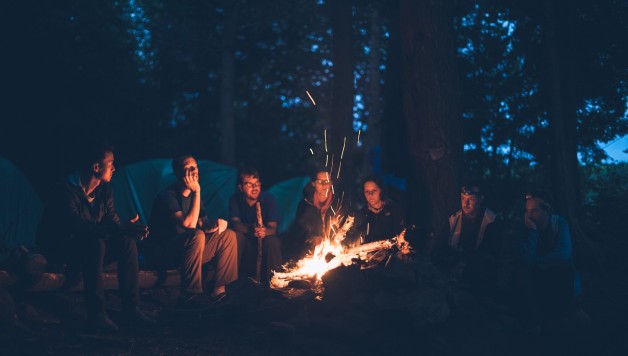Preparing for Your Next Outdoor Adventure: 6 Common Health Hazards of Camping
As the days get warmer and longer, it can be hard to resist the urge to go camping. Spending time in the outdoors, swimming in freshwater and hiking to your heart’s content create an experience like no other. However, it can all be ruined if someone gets ill or injured. That’s why it’s important to know the hazards you may face when you go camping and visit this site to check out vital supplies. Whether you’re heading to the mountains, lake or a remote campground, here are some of the things you need to look out for.
Excessive Sun Exposure
The sun feels great on your skin but too much of it can cause heat stroke, heat exhaustion and dehydration. If you have young children or elderly people with you, you need to be especially mindful. They are at the greatest risk of these hazards. To ensure they stay hydrated, encourage them to drink lots of fluids, wear sunglasses and a hat, and apply sunscreen frequently. If you can, avoid the sun at the hottest times of the day.
Spiders and Snakes
Be sure to keep far away from snakes and spiders. Discourage children who may be curious from attempting to touch them. This is especially important for poisonous species like rattlesnakes and black widow spiders. If a member of your party gets bitten, remove any constrictive clothing and elevate the affected area to reduce swelling. Seeking medical care is crucial and unlike what you see in movies or on TV, don’t try to suck out the venom.
Ticks
Another creature you need to protect yourself from is the tick. Some ticks spread a bacterial illness known as Lyme disease so you’ll want to avoid them. If you’re heading into the woods, avoid areas where ticks are in abundance and wear repelling and protective clothing. After you hike through wooded areas, take a bath and check your skin to make sure no ticks attach themselves to you. If you find a tick, remove it immediately since it takes 24 to 48 hours to contract Lyme disease.
Poisonous Plants
During the summer, you need to avoid contact with poison ivy, poison sumac and poison oak. This means you first need to be able to recognize these plants. Wear long-sleeved shirts and long pants along with enclosed shoes to help reduce the likelihood of contact. If you accidentally touch a poisonous plant, wash the area with soap and water as soon as possible. You’ll likely notice red streaks with itchy hives or blisters within 8 to 48 hours.
Fire
You’ll no doubt make a traditional campfire. As you enjoy evenings fireside, take the necessary steps to prevent burns. For example, build fires only in areas where it is allowed and remain at a safe distance. Make sure small children, clothing, and blankets are kept away from the fire and remember to travel with a fire extinguisher just in case something goes awry. Remind everyone about the stop, drop and roll technique.
Water-Related Illness and Injury
Playing in the water is a big part of camping for many people. It’s fun to do but you need to keep safety in mind. Make sure children are supervised at all times and no one goes swimming alone. If you have an open wound or fresh piercing, you need to make sure it is covered with a waterproof bandage. If it isn’t, stay out of the water. Water safety also applies to the water you drink. Travel with a filter or bottles with filters if you’re not sure you’ll have access to good drinking water.
Camping is the perfect summer activity but injury and illness can bring the adventure to a sudden halt. Use these tips to ensure you don’t compromise your health.













